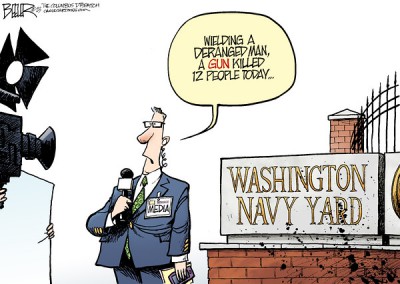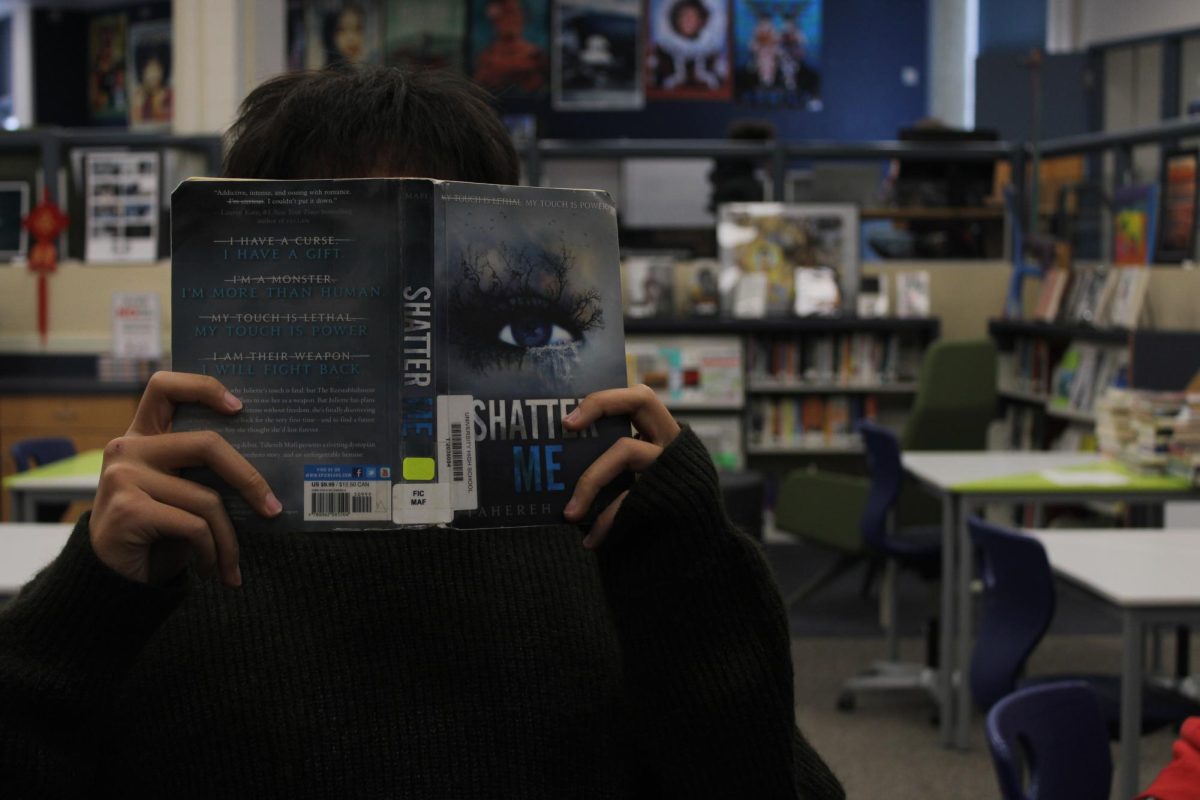
By AKANKSHA SAH
Opinion Editor
Vester Lee Flanagan II, a former employee of the television news network WDBJ, was angry. Dismissed from his job and under the impression that he had been discriminated against for his African-American heritage, he wanted revenge.
On the morning of August 26, he waited until cameras were rolling before he fatally shot former colleagues Alison Parker and Adam Ward as they conducted an on-air interview. Vicki Garner, the interviewee, was also shot, barely escaping with her life. After leading police on a short chase, Flanagan finally stopped and turned his gun on himself, ending his own life. Weeks after the murder-suicide, the town of Roanoke, Virginia is still reeling from its loss.
It seems these days that no one can breathe easy. No one can enjoy the comfort of simply being safe. Shootings like the recent disaster in Virginia are not uncommon, and they are not far from home – even when “home” is a privileged community such as Irvine.
Gunmen do not discriminate based on age; in fact, they often seek out young children, as the devastating school shootings that have become almost commonplace, especially after the Sandy Hook shooting of 2012, plainly show.
Gunmen do not pay heed to zoning restrictions, either; indeed, it seems they can pop the Irvine bubble just as easily as we can get caught up in it. Think of the insecurity we felt in 2013 after the Christopher Dorner shootings.
These tragedies are not limited to homicide victims. According to the Los Angeles Times, firearms also contribute to “more than half of the nation’s 41,000 suicides each year” – suicides that a Harvard project shows might have been prevented had there not been an “easy way” to end one’s life with speed, efficiency and little opportunity to change one’s mind. In fact, as stated by the Los Angeles Times, “studies affirm that states with laws restricting access to firearms also have… lower overall suicide rates.”
The statistics are as logical as they are eye-opening: guns are weapons – of course they are used to inflict harm. The illogical part is why we, as a society looking at the evidence, the shootings, the statistics and the deaths, are ignoring it. Why is it that, despite all of the harm brought about by owners of firearms, we allow more people each day to legally be categorized as such? It is time for a change, if not in whether guns are legal at all, then at least in who gets them and how.
The big issue with gun control is the range of people that it affects. For instance, law enforcement needs firearms to protect itself and save lives and those living off the land need guns to hunt and feed their families. At the same time, mentally unstable citizens should not have access to a firearm that would allow them to carry out a school shooting, nor should neglected children of a mostly-absent parents be able to reach into the top drawer and find a weapon.
An outright ban on firearms would be costly and impractical. Even if the country went through the lengthy process of amending the Constitution in order to nullify the Second Amendment (which provides the right to bear arms), illegal firearms would always find a way of slipping through, in much the same way that alcohol did during Prohibition.
Instead, the key lies in restrictions. That is, restricting not whether guns exist, but whether the Flanagans of the world have access to them. An extensive screening process like one in Connecticut, which, according to CNN, resulted in a large drop in homicide rates, should be implemented nationwide. Background checks, applications and mandatory gun safety courses must be put in place in order to change the way guns are used and how they are presented to younger generations.
A process like this does not attempt to insult or to deny Americans their constitutional rights – it seeks only to prevent tragedies. Background checks do not warrant an invasion of privacy, applications do not deter people from purchasing firearms and safety courses do not attempt to patronize gun users; all of these measures are simply ways to help save innocent blood by keeping weapons out of the wrong hands. Had gun control been more stringent, events like the Virginia attack and the mass shooting at Oregon’s Umpqua Community College from the first of this month may have been prevented.
Obviously, even with control over firearms, there will still be other weapons and there will still be crime. Increased gun control is by no means a panacea for all of the world’s problems; even if we cannot eliminate every weapon from every house, we can at least reduce their numbers.














